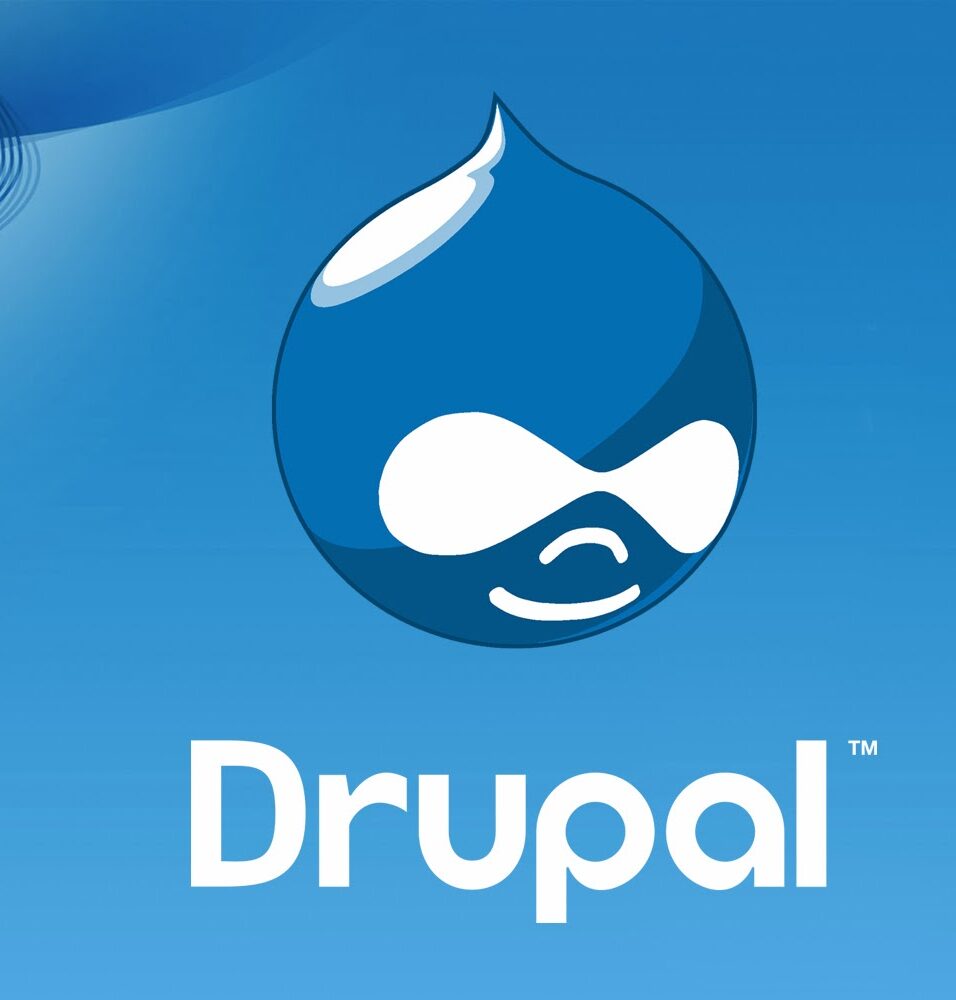
Drupal is a relatively convenient, dynamically developing system that takes into account the requirements of search engines for a web resource. The administrative part may seem difficult to manage, but it can be easily improved. Few people know about this, but integration with 1C on Drupal website development can be carried out in full, but competent development and a professional approach to solving this problem are required. Ready-made solutions do not allow making integration available in full, but nothing is impossible in the hands of an experienced specialist.
Drupal website development is a free and open-source content management software (CMS) used as a web application development framework (CMF). Simply put, this is an engine for developing PHP projects.
On the basis of Drupal web developer, you can run many projects, for example, a personal blog, a forum, an online store, and even a social network. To implement almost any idea, you can find both ready-made distributions and free modules. The project has been improved by enthusiasts for more than 20 years, as many experienced users say that at the beginning the project was “raw” and little functional. You can also find out more information about Drupal website development.
Advantages and disadvantages of Drupal
Benefits of CMS Drupal website development
- Versatility. CMS Drupal allows you to develop projects of varying complexity. Great emphasis on design. The tool allows you to create a web design for a project of any complexity.
- Distributed for free. You can download it from the official site Drupal.org
- Opportunities for SEO. The product provides many tools for promoting pages in search engines. The most important of these are mega tags (keywords). Has over 40,000 free add-ons thanks to the open source, there are practically no restrictions in creating add-ons.
- Symbolic meaningful URLs. A more human-readable URL, such as /c14/3/97/ or /index.php?cat=10&subcat=2&id=41 would be /product/phone/Samsung/.
- High download speed. The built-in caching system allows Drupal to run faster than many well-known CMS.
- Support for XML formats. The output of documents in PRD/RSS, the ability to publish materials through third-party applications using BlogAPI, combining materials from other sites, and more.
- Fast hosting setup. Users pay attention to the high speed of the hosting engine.
- Control over registered users. The administrator sees all registered users and can classify users into groups by assigning access rights to each group.
- High security. It has higher hacking protection than its free competitors.
- Open source to help improve the product. Considering how it all started, it would hardly have gained such popularity if enthusiasts could not improve it.

Summing up all the above, Drupal website development has many advantages. Free installation of the system and add-ons – various modules and design settings that are constantly supported by developers; – simplicity and convenience of installation, even for an unprepared user; – the ability to use the simplest hosting; – a large number of thematic forums on the Internet, as well as programmers familiar with the system. In addition, the technical support service quickly responds to user questions; – the availability of ready-made templates on various sites that allow you to quickly install and configure your favorite solution; – the presence of SEO modules.
Disadvantages of CMS Drupal
- Weak use of PHP’s object capabilities. Unfortunately, the Drupal API makes little use of the object-oriented programming (OOP) features available in PHP. There is an object model, but in a non-traditional form for PHP.
- A complex interface that cannot be learned on an intuitive level. Alas, most users of the product notice this on forums and reviews.
- High technical requirements for hosting. Due to high requirements, you will have to fork out for an expensive server, you will have to forget about cheap tariffs.
Difficulty installing updates and modules

Unlike simple Drupal CMS, which installs updates and modules via FTP, it is too complicated an administrative part for ordinary users. Most of the ready-made Drupal solutions (modules and add-ons) contain bugs that need to be improved. Complex projects require optimization and caching strategies. The problem with spam bots is relevant to almost all systems, and Drupal is no exception. But with a competent approach (control, captcha, and moderation), the problem can be solved. On a regular hosting Drupal is able to withstand 4000-6000 thousand hosts. When the load increases, a powerful server and caching or optimization (including the cms core) will be required. You can also find out what domain zones are and how they differ.
Drupal websites are more suitable for professionals who have experience in such CMS. They can pay for a powerful server, are versed in administration, and are well versed in HTML and CSS. Despite the many efforts of the community, which has done a lot to ensure that the engine is appreciated by beginner webmasters. Drupal remains a rather difficult product for beginners to master, compared to the same WordPress. Experienced users say that after mastering this engine, other platforms will seem too simple and «stupid”.
